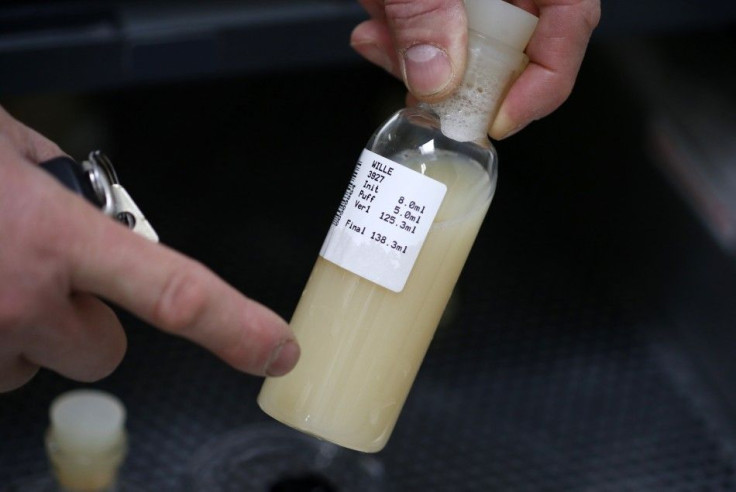Size Matters: Study Demonstrates Importance Of Sperm Length

A research study by the University of Sheffield has demonstrated the importance of sperm length. They found that size does matter when it came to sexual intercourse. It was published in the journal, Proceedings of the Royal Society B.
Scientists found that there was more success in fertilisation in the male finches with longer sperm cells in comparison to the ones with lesser sperm length, reported the Herald Sun. The study was conducted on mate-swapping birds. The scientists said that the findings could play an important role for species like the humans as well.
It was found that since the sperm length was longer, it had a competitive edge because it was faster and were more energetic swimmers in comparison to the sperms of shorter length. The longer sperms had a long flagella, which is basically tail-like that helped the sperm travel, and the length helped in providing the sperm with stronger forward propulsion. The sperms also had a mid-section between the tail and the head which is referred to as the "power plant" for the reason that it produced more energy.
The research looked at a key aspect of "sperm wars" which is basically the way sperms compete for fatherhood. Those men with longer sperms helped sire greater number of embryos. Sixty-four males with longer sperms sired the embryos in comparison to 36 individuals with shorter sperms.
Dr Clair Bennison, the team leader, wrote that the males who produced long sperm were more successful in comparison to ones with shorter sperms as it reached the ova and fertilised it. She explained that apart from the length of the sperm, which was the main factor in determining the outcome, other factors like interactions between the male and female reproductive traits played an important role as well.
According to the University of Sheffield, one pair of male zebra finch was allowed to mate with a female bird. For many days, the sperm was stored inside the bodies of the female birds and this was one of the ways in which the females themselves had the opportunity to influence the success of fertilisation. The researchers suggested that the longer sperms might be "preferred" by the female through some unknown process.





















